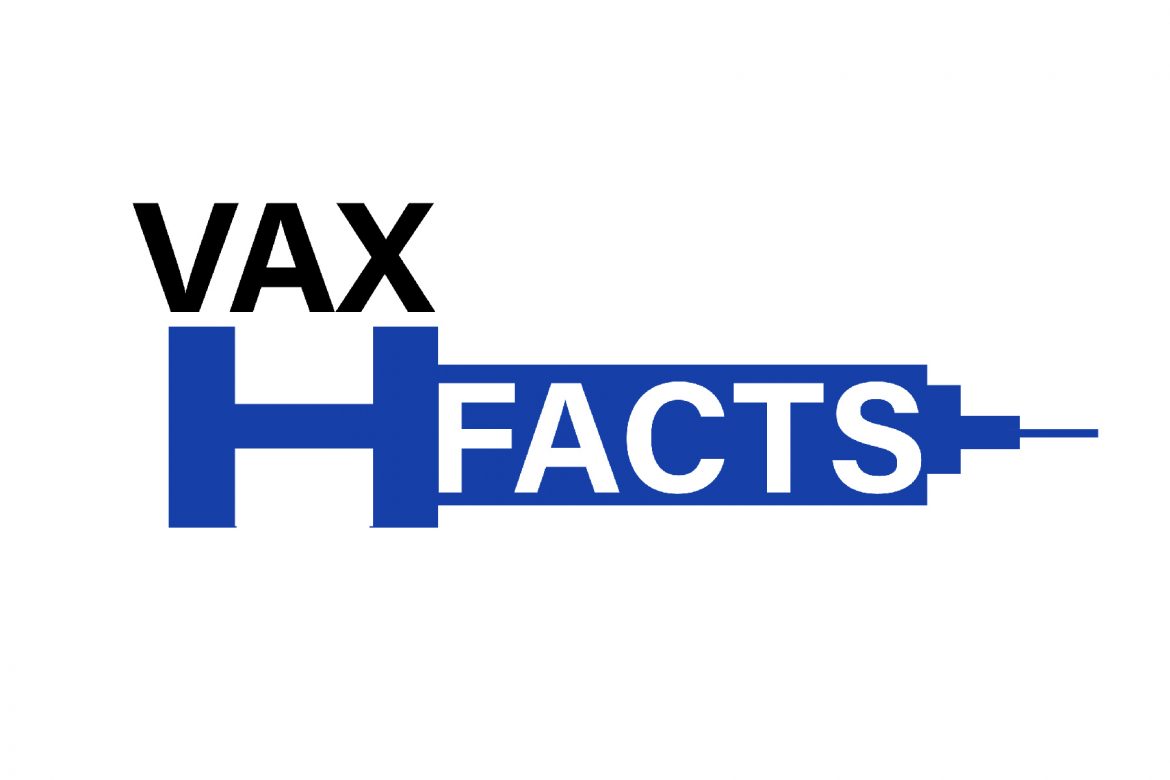Harding students planned, led and participated in a panel called HU Vax Facts Thursday at Midnight Oil Coffeehouse, aiming to bring awareness and answer questions about COVID-19 vaccinations.
Several students formed HU Vax Facts for the class Public Relations Campaigns, finding the idea of vaccine awareness relevant in the midst of the COVID-19 pandemic. Senior Olivia Nutt, project manager, said the campaign team collaborated to create content throughout the semester in preparation for the panel.
“We had a few different [campaign] ideas, but this one felt the most relevant,” Nutt said. “The purpose of HU Vax Facts [was] to raise awareness of vaccine facts and address any misconceptions … I am so grateful for this team and opportunity.”
To provide a balanced conversation, the panel consisted of a variety of different individuals. Senior Alyson White, one of the panelists, said she thinks this provided the audience with more factual information to draw from.
“I hope that the Vax Facts panel [provided] a setting for both conversation and factual correctness,” White said. “There [were] a variety of individuals on the panel, which I think [helped] in answering a variety of questions the student body has regarding vaccines.”
White participated in the AstraZeneca/Oxford vaccine clinical trial, which is in use in European countries and has yet to be approved by the U.S. Food and Drug Administration. White said she took time to think and reflect on her motivations in the vaccine trial as she prepared for the panel.
“I think it’s fairly obvious that I am personally pro-COVID vaccination,” White said. “However, I have some friends who are or were more hesitant to get vaccinated, and I’ve tried to understand their various points of view. Not all people are pro-vaccination for the same reasons, and not all people are vaccine-hesitant for the same reasons.”
Senior Chantel Ceaser, emcee of the panel, said taking time to learn about the vaccines is important not only now, but also for the future.
“We all need to learn about [it],” Ceaser said. “Especially with us growing up and possibly having families in the future — [we need to] make good practice of researching things, seeking counsel and making wise decisions. I pray that if people [left] with anything, they [left] empowered to make wise choices for themselves for the betterment of the world.”
White said she encourages students to do their research and ask questions, ultimately relying on the Christian ideology to be good neighbors.
“While your group of friends could have one opinion, it is also important to consider the feelings of people who are not your peers,” White said. “We’ve each written our own internal moral code, whether we realize it or not, and the code and its biases will probably dictate most of our decisions. That said, I think that purposeful consideration of the Christian ethic of Godly love — of being a good neighbor — can help us all to better navigate contention and controversy.”
